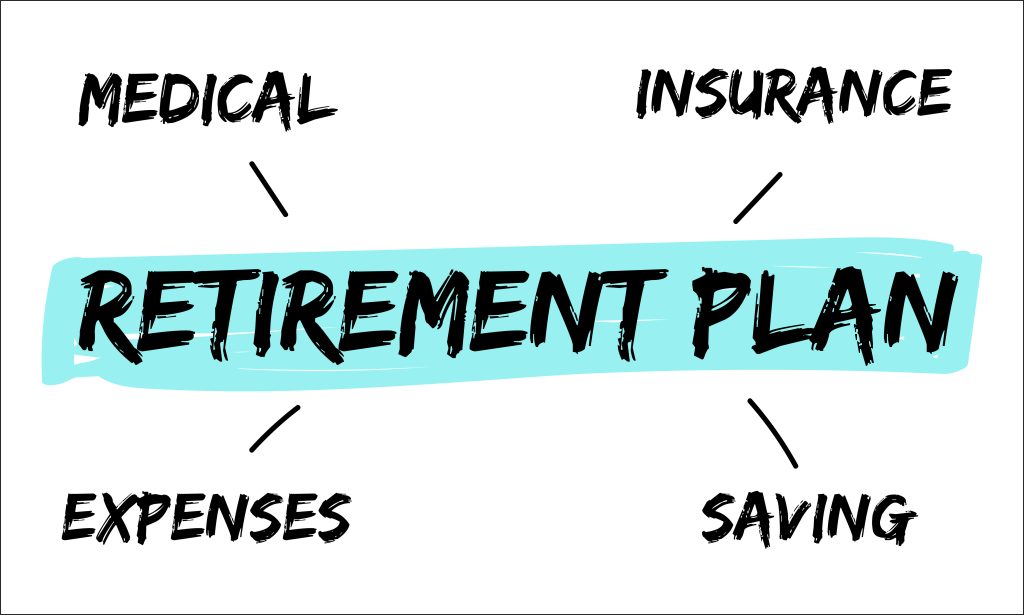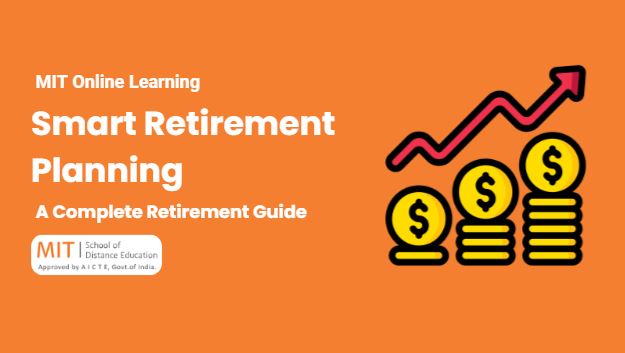Retirement is one of the most important financial milestones in life. To enjoy financial freedom and peace of mind in your later years, retirement planning is essential. From understanding the steps of financial planning for retirement to knowing the stages of retirement planning, careful preparation helps you build a secure future.
How to Start Retirement Planning Early
The earlier you begin, the stronger your financial foundation. Starting retirement planning in your 20s or 30s allows compound interest to work in your favor. Even small investments today can create a large retirement fund over time. Early planning reduces stress and ensures long-term stability.
Steps to Build a Retirement Corpus
Key retirement planning steps include:
- Defining your retirement age and lifestyle needs.
- Estimating expenses after retirement.
- Choosing suitable investment avenues (mutual funds, pension plans, PPF).
- Reviewing your progress periodically.
Following these steps ensures you steadily build a strong retirement corpus.

Finance Management Certification
Stages of Financial Planning for Retirement
There are three major stages of retirement planning:
- Accumulation stage: Building savings and investments during working years.
- Transition stage: Approaching retirement and shifting to safer investments.
- Distribution stage: Using the retirement corpus for monthly income and expenses.
Each stage requires tailored financial planning for retirement to ensure security.

Retirement Planning Strategies for Salaried Employees
For salaried individuals, the best retirement planning strategies include:
- Maximizing EPF and PPF contributions.
- Investing in NPS and tax-saving instruments.
- Diversifying into equities for long-term growth.
These ensure steady wealth creation throughout your career.
Common Mistakes in Retirement Planning
Avoid these mistakes:
- Starting too late.
- Ignoring inflation.
- Relying only on savings without investments.
- Not reviewing plans regularly.
Understanding these pitfalls helps you stick to the right retirement planning steps.
Why Finance Management is Important for Retirement
Good finance management ensures you can balance expenses, investments, and debt before retirement. It helps protect your savings, optimize investments, and create multiple income streams for a stress-free retirement life.

Which is the Best Retirement Plan in India?
Choosing the best retirement plan in India depends on your goals, risk appetite, and investment horizon. Popular options include the National Pension System (NPS), Employee Provident Fund (EPF), Public Provident Fund (PPF), and retirement-oriented mutual funds. For those seeking guaranteed returns, pension plans offered by leading insurers are also reliable.
The best retirement plan is one that balances safety with growth and ensures a steady flow of income post-retirement. Always diversify investments across equity and debt to secure your future.
Conclusion
Knowing how to plan for retirement involves the right steps, awareness of different stages, and understanding the importance of long-term financial planning. Whether you’re in your 30s, 40s, or 50s, disciplined savings and smart investments will ensure you retire comfortably.
If you want to strengthen your knowledge of financial planning for retirement and wealth management, advancing your education can help.
MITSDE offers:
Take the next step to enhance your financial expertise and secure your future.
Enroll Now: PGDM in Finance Management for Financially Stress free




